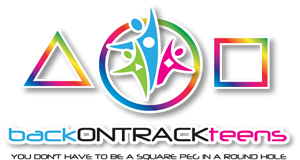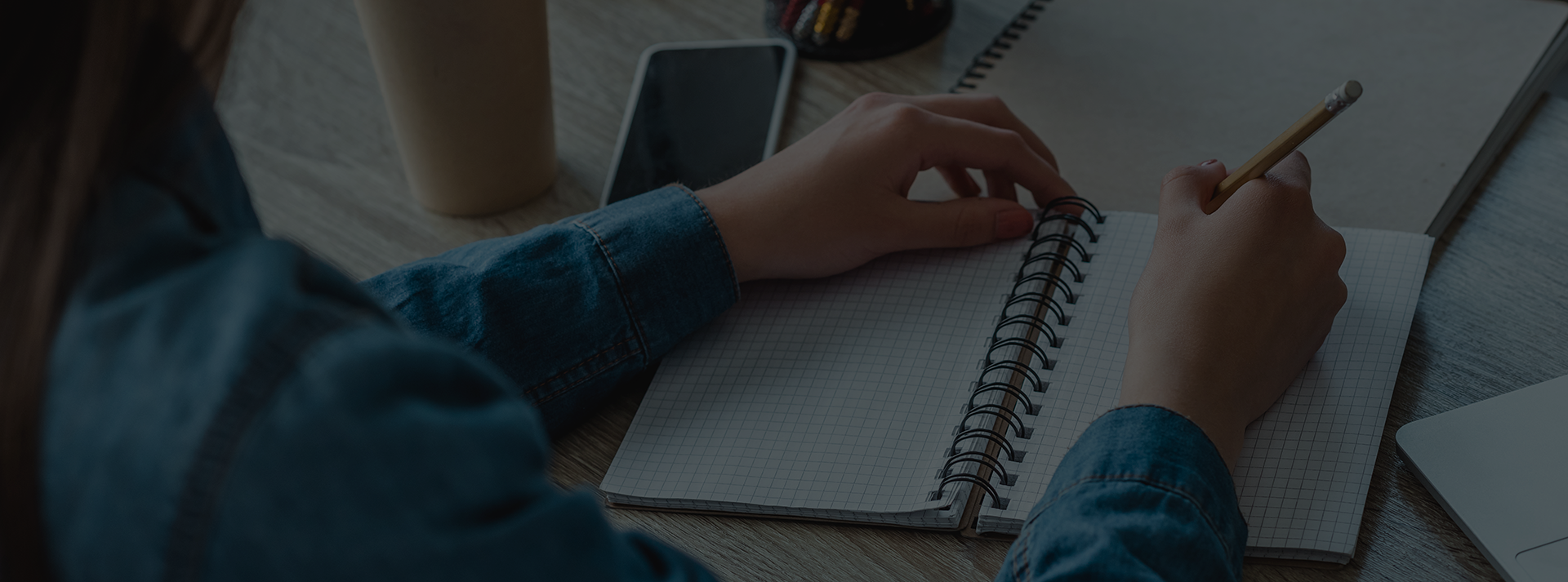20 Oct Unconscious bias
« Back to Glossary IndexA bias that is rooted in social stereotypes about certain groups of people. Unconscious bias is far more common than conscious prejudice and often goes against what the person conscious believes or feels.
While it’s formed without the explicit knowledge of the individual with the unconscious bias, it can still cause a lot of harm. An example of unconscious bias might look like a cisgender person who does not engage in transphobic behaviours, but who feels uncomfortable if they run into a trans person in a gender-specific public toilet. The cisgender person in this scenario doesn’t actively mean to be transphobic, they are behaving or responding to their unconscious bias. However, the trans person may pick up on the cisgender person’s discomfort (e.g. staring, doing a ‘double-take’, or hurrying away) and experience harm from the encounter.
The unconscious bias we may harbour could refer to bias against a certain group, characteristic or identity, or for another group. In the case of ‘for’, it’s most likely to be a bias for an identity that is familiar and/or reflects our own. For example, a straight, cisgender man believing the word of another straight, cisgender man over a gay cisgender man because the first man is more like him.
Unconscious bias is not the individual’s fault, but it is their responsibility to question, challenge and break down those biases.


Sorry, the comment form is closed at this time.